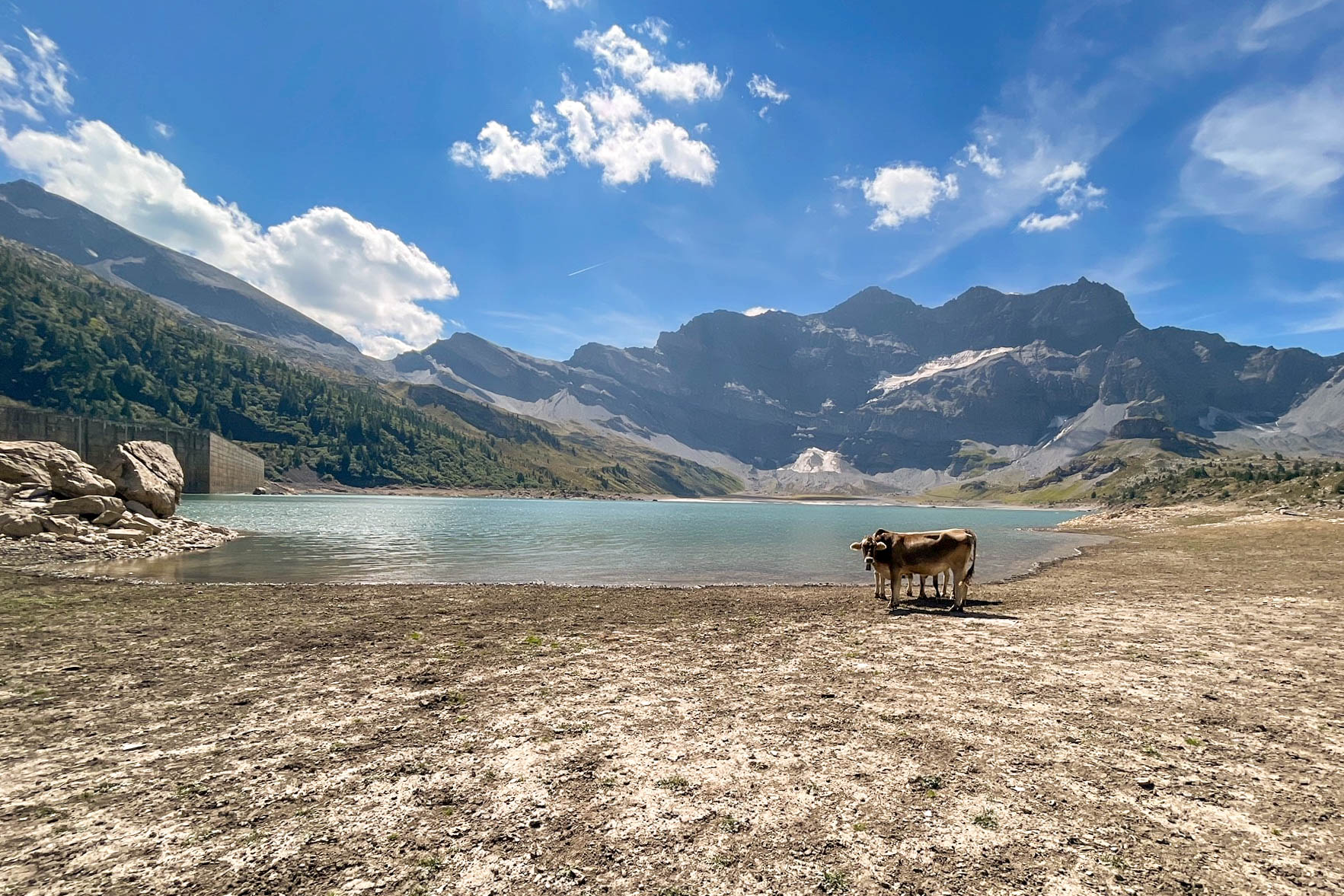
Switzerland Today
Hello from Bern,
I think we all have a bit of a Federer hangover today. So many reactions, so many memories, so many adjectives – graceful, determined, calm, ethereal, the list goes on. Almost all of the commentary was positive as we captured in this article today. Some questioned whether he did enough to use his position to push for real change such as this story comparing his achievements to that of boxer Muhammad Ali.
The Swiss star was always known as “Mr Nice Guy”. “Federer is like the white tennis clothes he had to wear at Wimbledon: they go with everything,” writes the NZZ.

In the News: A nationwide vote averted, the end of fast-track visas for Russian nationals, and the first Covid prophylaxis drug.
- A nationwide vote on banning fossil fuels in Switzerland has been averted after parliament agreed on a CHF3.2 billion ($3.3 billion) climate action package. Supporters of the ‘Glacier Initiative’ say the new measures go some way to satisfying their demands for Switzerland to stand by the goals of the Paris Climate Agreement. As a result, they’ve withdrawn their initiative.
- The Swiss government decided on Friday to stop issuing facilitated visas for Russian nationals. This brings Swiss visa rules in line with the European Union. This doesn’t mean a general visa freeze for Russians but rather they will need to use the ordinary visa procedure to enter Switzerland.
- Swissmedic has issued a temporary marketing authorisation for AstraZeneca’s drug Evusheld, making it the first Covid-19 prophylaxis drug approved by the Swiss medical regulator. The federal government has already signed contracts with AstraZeneca’s Swiss subsidiary to procure the Covid-19 drug starting with 5,000 doses, according to the Keystone-SDA News Agency.
- Following the rejection of a proposed climate law last year, the Swiss government has mapped out new changes to the legislation. The new draft “dispenses with new taxes and instead relies on effective incentives that are supplemented by targeted subsidies and investments,” it was announced on Friday. The objective is to halve greenhouse emissions by 2030 compared to 1990.

Blowing up ATMs seems to be a thing in Switzerland
While everyone was busy scrolling their #Federer feed, some robbers were blowing up a bank ATM in a small town in canton Lucerne at around 4am Swiss time. The perpetrators fled the scene and authorities aren’t sure how much money was stolen.
While one ATM explosion is already enough to shake the nerves, this appears to be a growing trend in Switzerland. A dozen cash machines have been robbed so far in Switzerland since the spring, according to a count by Keystone-SDA. There are nearly 7,000 ATMs in Switzerland.
A week ago, a device was blown up in Spreitenbach (Aargau). In August, two ATMs were blown up, one in Nuglar (Solothurn), the other in Büttikon (Aargau). In June, four attacks occurred in French-speaking Switzerland: in Lajoux (Jura), Moutier (Bern), Portalban (Fribourg) and Gruyère. The list goes on.
What’s going on? It’s anyone’s guess, and it doesn’t appear that authorities have any good leads. I found a story on Vice from July that talked about such acts happeningExternal link all over Europe. It seems that criminal gangs are doing this all over the region in search of ATMs that have weak security systems. One advantage in Switzerland is that people tend to use cash often, which means the machines are usually well-stocked.

What happens to hydropower when the reservoirs dry up?
Switzerland is trying to navigate a complicated energy scenario right now and prepare for an even more complicated one this winter. Switzerland is heavily reliant on hydropower as an energy source, but the lack of rain this summer has wreaked havoc on the water supply. In 2021, the country generated 61.5% of its electricity from hydropower, 28.9% from nuclear energy, 1.9% from fossil fuels and 7.7% from other renewable sources.
My colleague Simon Bradley went to the Salanfe dam at the foot of the snowless Dents du Midi peaks in southern Switzerland where the mountain lake is about 15 metres lower than normal after losing 8 million cubic metres of water.
While this is worrying, he found that this isn’t the case everywhere. While some hydropower reserves are below-average, others are overflowing. This is because the glaciers are melting faster than usual. Swiss hydropower firms experienced a smaller drop in production for the first five months of this year compared with 2021. In fact, most of the experts he spoke with seemed pleased with the current reserves.
But the situation is more complicated because of the way Switzerland imports and exports energy supply in summer and winter months. At the start of the cold season reservoirs are full and are gradually emptied during winter. Switzerland is one of the least self-sufficient in terms of energy production. It’s only able to cover 25% of the country’s energy needs.
Even if the overflowing reservoirs help increase production of hydropower, it still won’t be enough. Among additional measures, the federal government has launched an energy-saving programme. Public employees must be prepared for colder offices this winter – government buildings will heated to a maximum of 20 degrees Celsius. Brrr.
More

In compliance with the JTI standards
More: SWI swissinfo.ch certified by the Journalism Trust Initiative









